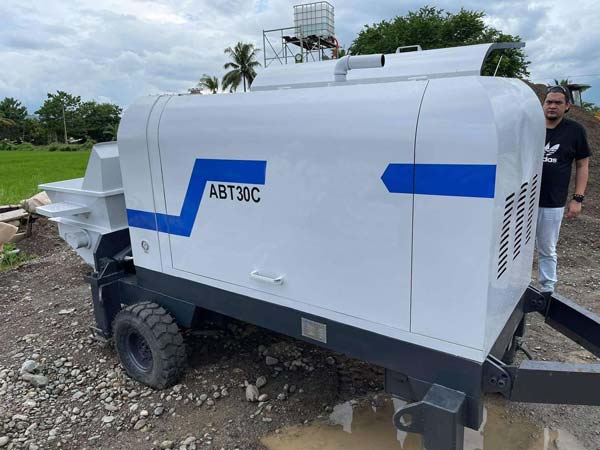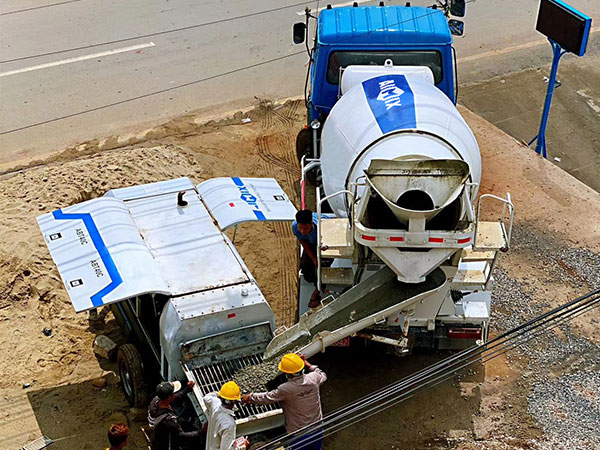If you’re in the market for a stationary concrete pump, you have a few different options to choose from. Stationary concrete pumps come in either electric or hydraulic models, so it’s important to know the pros and cons of each type before you make your purchase. Here’s a look at the two main types of stationary concrete pumps and what sets them apart.
The Applications Of Stationary Concrete Pumps
Stationary concrete pumps are one of the most versatile and powerful tools in the construction industry. They are used to pump concrete from a central location to where it is needed, making them ideal for large projects such as bridges and skyscrapers. Stationary concrete pumps can also be used to pump concrete up to 60 stories high, making them invaluable for tall buildings. In addition, they are used to pump concrete into difficult-to-reach places, such as tight corners and small spaces.

Electric Vs Hydraulic – What’s The Difference
When it comes to stationary concrete pumps, there are two main types: electric and hydraulic. Both have their own advantages and disadvantages, so it’s important to choose the right one for your needs.
Electric concrete pumps are more expensive to operate, but they’re also more powerful and efficient. Hydraulic concrete pumps are less expensive to operate, but they typically come with lower raw power and production capacity. However, hydraulic concrete pumps are more versatile and can be used in a wider variety of applications.
Pros And Cons Of Electric Stationary Concrete Pumps
Electric stationary concrete pumps have a number of advantages over their diesel-powered counterparts. They are significantly quieter, meaning that they can be used in urban areas without disturbing the peace. They also produce no fumes, making them ideal for use indoors or in enclosed spaces. In addition, electric pumps are typically more energy-efficient than diesel models, resulting in lower operating costs.

However, electric pumps do have some drawbacks. They require a reliable power source, and they can be less durable than diesel models, meaning that they may need to be replaced more often. Overall, electric stationary concrete pumps offer a number of advantages and disadvantages that should be considered before making a purchase. Purchase one in Aimix Group: https://concretemixerwithpump.com/concrete-pump-for-sale-south-africa/.
Pros And Cons Of Hydraulic Stationary Concrete Pumps
Hydraulic stationary concrete pumps have many advantages over other types of concrete pumps. They are able to pump concrete at a higher pressure, which allows them to reach higher floors and pour concrete into smaller spaces. In addition, they are less likely to tip over, and they are easier to operate than other types of concrete pumps.
However, hydraulic stationary concrete pumps also have some disadvantages. They are more expensive than other types of concrete pumps, and they require more maintenance. In addition, they can be difficult to move around, and they can be noisy.
Which Type Is Right For You?
The type of stationary concrete pump that you choose will depend on your specific needs. If you need a powerful and efficient pump for a large project, an electric model may be the best option. However, if you’re looking for a more versatile and affordable concrete mixer with pump for sale, a hydraulic model may be the better choice. Ultimately, the decision comes down to your budget and your specific needs.